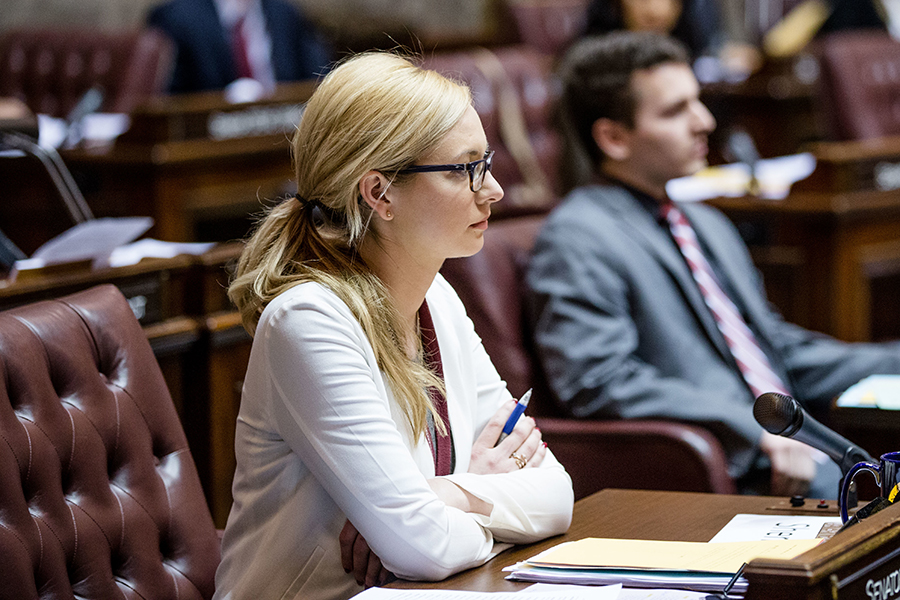About Political Economy and Political Science
Examine the causes of social inequality. Explore connections between politics, economics, and popular culture. Develop an historically grounded global perspective. Envision alternative economic systems and study the history of movements for change.
Political economy combines economics, history, politics, sociology, ecology, education, and media studies. It asks who has what, who does what kinds of work, how it got to be that way, and how it could be different.
You will focus on economic processes, their relation to power and public policy, and their influence on people's lives and social institutions. Using this lens, you'll explore the expansion of state power through surveillance and border militarization, the forces that drive foreign policy and war, and the root causes of forced migration in different parts of the world.
In these programs, you will focus on social movements in the U.S and globally, such as:
- Women's movements
- Civil rights movements
- Revolutionary movements
- Environmental justice
- Food systems
- Climate change activism
Political economy programs are often motivated by current events, but always keep history in mind. History, in turn, is always approached in dynamic terms. You won't study empire as a transhistorical concept, you'll study imperialism as a process in the context of the historical development of capitalism. You'll study mainstream macro and microeconomics with historical context and a critical eye, never simply as an abstraction or a technical exercise.
You will analyze the relation between capitalism and race, gender and class, and how inequalities are formed and shaped within global capitalism. You can learn how social transformation has occurred in the past so you can join with others as more effective agents of change.
You can apply your learning through internships and research and explore alternative visions for economies and societies that promote justice and environmental sustainability.
Check out related Courses and Programs in the Academic Catalog
